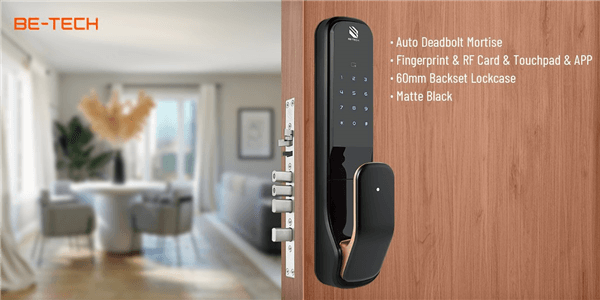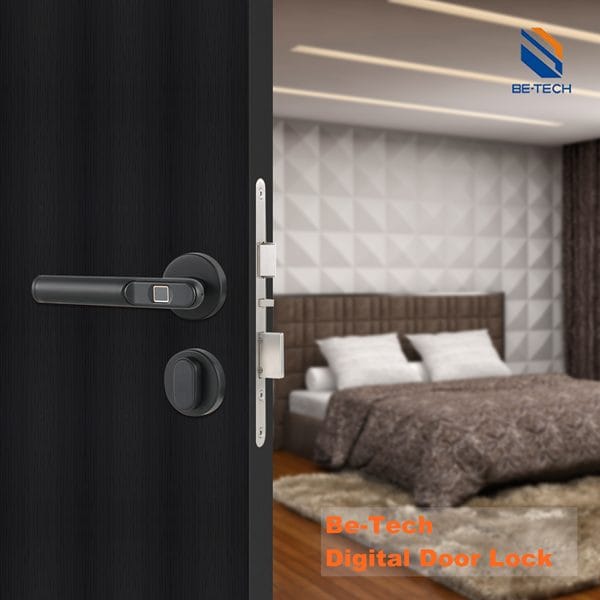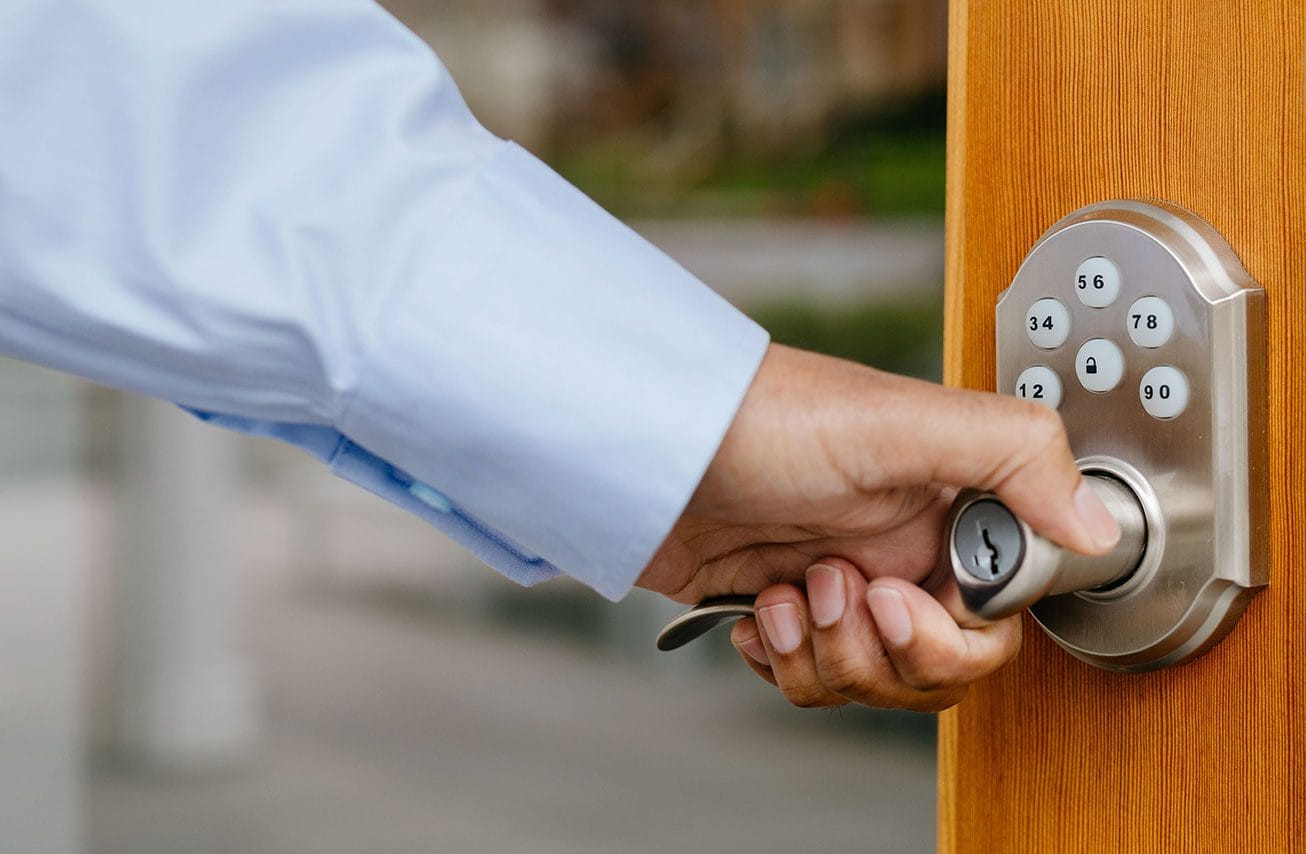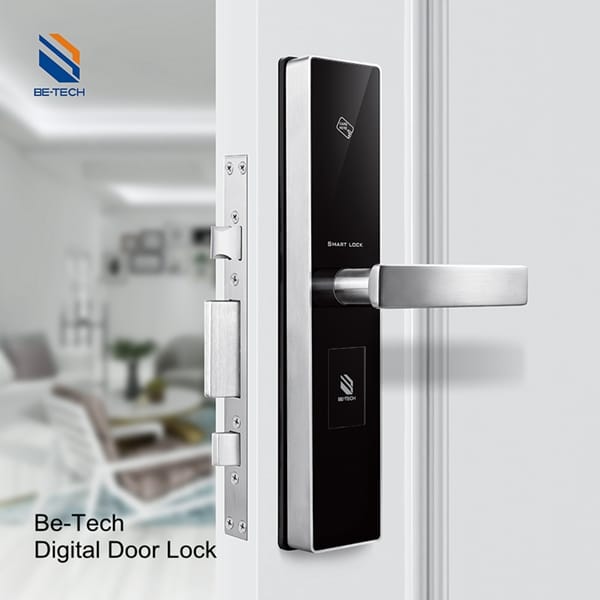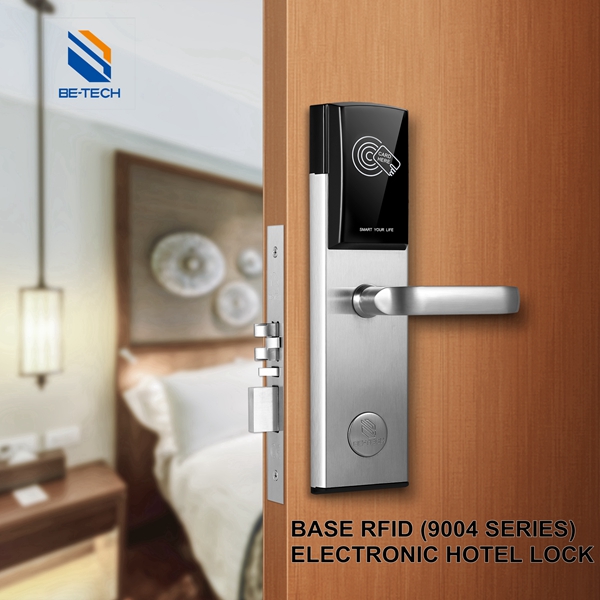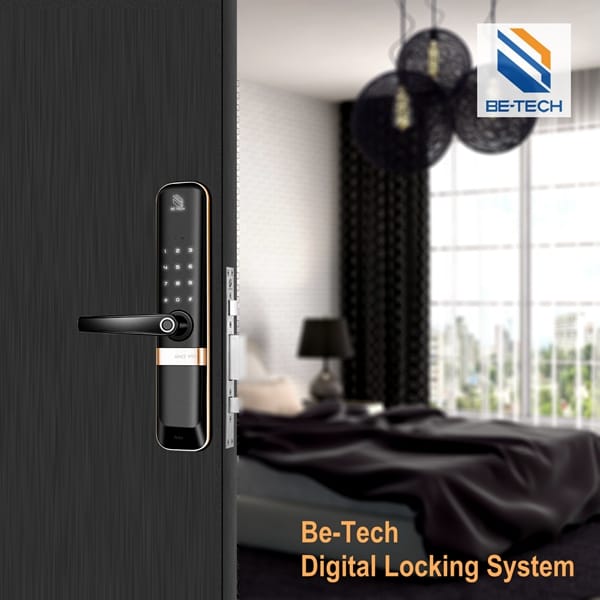In a world increasingly reliant on technology, it’s no surprise that even our door locks have gone digital. Keypad door locks, also known as keyless entry or digital locks, offer convenience and a sense of modern security. But are they truly safe?
This is the question that lingers in the minds of many homeowners and renters. This comprehensive guide will unlock the truth about keypad door lock safety, exploring their advantages, addressing security concerns, and providing expert insights to help you make an informed decision.
Understanding Keypad Door Locks

A keypad door lock replaces traditional keyed entry with an electronic interface. Instead of a physical key, you gain access by entering a code on a keypad. Keyless entry systems offer a range of benefits:
- Convenience: No more fumbling for keys! Keypad locks are easy to use, especially for families with children, elderly individuals, or anyone who struggles with traditional keys.
- Enhanced Security: Eliminate the risk of lost or stolen keys. Keypad locks provide unique codes that can be changed instantly, offering better control over who has access to your home.
- Smart Home Integration: Many keypad locks integrate with smart home ecosystems, allowing you to control and monitor access remotely.
- Improved Accessibility: Keypad locks can be ADA compliant, offering accessibility solutions for people with disabilities.
Types of Keypad Door Locks
The market offers a variety of keypad door locks to suit different needs and budgets:
| Type | Unlock Methods | Features |
|---|---|---|
| Basic Keypad Locks | PIN code entry | Simple and affordable; ideal for basic security upgrades |
| Bluetooth Locks | Smartphone app via Bluetooth connection | Keyless entry and remote control capabilities |
| Fingerprint Locks | Biometric fingerprint scanning | Enhanced security and personalized access control |
| RFID Locks | Radio frequency identification (RFID) cards or fobs | Convenient for frequent users; often used in commercial settings |
| Wi-Fi Locks | Smartphone app via Wi-Fi connection | Remote control, access history logs, and smart home integrations |
| Smart Deadbolt Locks | Combination of methods (e.g., keypad and Bluetooth) | Advanced security features and smart capabilities |
Advantages of Keypad Door Locks for Specific Needs
- Keypad Locks for Families: Imagine the ease of letting kids in after school without worrying about lost keys. Keypad locks are perfect for families, allowing you to set unique codes for each member and monitor access.
- Keypad Locks for Rental Properties: Property managers and Airbnb hosts can benefit immensely from the keyless convenience and enhanced security offered by keypad locks. Easily change codes between tenants or guests, grant temporary access, and track entry history.
- Keypad Locks for Enhanced Accessibility: Keypad locks can be designed to meet ADA compliance standards, offering a more accessible entry solution for people with disabilities. Features like illuminated keypads and lever handles enhance usability.
Addressing Security Concerns: Myth vs. Fact
The convenience of keypad door locks is undeniable, but security remains a top concern. Let’s debunk some common myths and separate fact from fiction:
Myth: Keypad door locks are easy to hack. Fact: Modern keypad locks use robust encryption methods to protect against hacking. Reputable manufacturers prioritize security, making it extremely difficult for intruders to compromise the system.
Myth: Keypad locks stop working during power outages. Fact: Most keypad locks operate on batteries, ensuring functionality even during power failures. Many models include low battery warnings and backup power options.
Myth: Keypad locks can be easily bypassed or tampered with. Fact: High-quality keypad locks feature robust construction and anti-tamper mechanisms. Proper installation is crucial, and choosing a lock with features like reinforced strike plates and anti-drill protection adds an extra layer of security.
Myth: Keypad locks are more expensive than traditional locks. Fact: While the initial cost of a keypad lock may be higher, the long-term benefits can outweigh the investment. Consider the costs of rekeying, replacing lost keys, and potential security breaches that traditional locks can be vulnerable to.
Factors Affecting Keypad Door Lock Security
Choosing a high-quality keypad door lock from a reputable manufacturer is the first step towards ensuring security. However, several other factors play a role:
- Installation: Improper installation can compromise the security of any lock. Following the manufacturer’s instructions carefully and considering professional installation is crucial.
- Door and Frame Strength: A weak door or frame can be easily breached, rendering even the strongest lock ineffective. Reinforcing the door and frame with features like metal strike plates and longer screws can significantly enhance security.
- Passcode Strength: Choosing a strong and unique code is essential. Avoid obvious combinations like birthdates or sequential numbers. Longer codes with a mix of numbers and symbols are more secure.
- Maintenance: Regularly check the battery level, clean the keypad, and inspect the lock for any signs of wear or damage to ensure optimal performance.
- Environmental Factors: Extreme temperatures or weather conditions can affect the functionality of electronic components. Consider the lock’s operating temperature range and weather resistance.
Keypad Door Lock Security Features to Look For
To maximize security, prioritize keypad locks with these features:
- Strong Encryption: Look for locks that use advanced encryption protocols to protect against hacking attempts.
- Anti-Tamper Technology: Features like alarm sensors that detect tampering attempts can deter intruders.
- Automatic Locking: This feature ensures the door locks automatically after a set period, preventing accidental unlocks.
- Scramble Code: Enter random digits before or after your actual code to prevent shoulder surfing and keep your code private.
- Key Override: A backup mechanical key option provides access in case of battery failure or other emergencies.
- Multiple Access Methods: Choose a lock that offers flexibility with options like fingerprint scanning, RFID cards, or smartphone app control in addition to the keypad.
- Access History Logs: Track who enters and exits, providing valuable insights for security and peace of mind.
How to Enhance Keypad Door Lock Security
Even the most secure keypad lock can benefit from additional security measures:
- Door Reinforcement: Installing a heavy-duty strike plate and using longer screws to secure the door frame can make it significantly harder to force open.
- Security System Integration: Connecting your keypad lock to a home security system with features like motion sensors, alarms, and cameras provides comprehensive protection.
- Smart Home Automation: Integrate your keypad lock with your smart home ecosystem for remote monitoring, access control, and automation features that enhance both security and convenience.
- Outdoor Lighting: Well-lit entryways can deter potential intruders. Consider installing motion-activated lights to illuminate the area around your door.
- Landscaping: Trim bushes and trees that could provide cover for intruders. A clear line of sight to your entryway can enhance security.
- Neighborhood Watch: Participate in a neighborhood watch program or connect with neighbors to create a safer community environment.
Conclusion
Are keypad door locks safe? The answer is a resounding yes, provided you choose a high-quality lock from a reputable manufacturer, install it properly, and take additional security measures. By understanding the features, advantages, and potential vulnerabilities, you can make an informed decision and embrace the convenience and enhanced security that keypad door locks offer.
Download our FREE Keypad Door Lock Buyer’s Guide for expert tips on choosing the right lock for your needs, installation advice, and recommendations for top brands.


